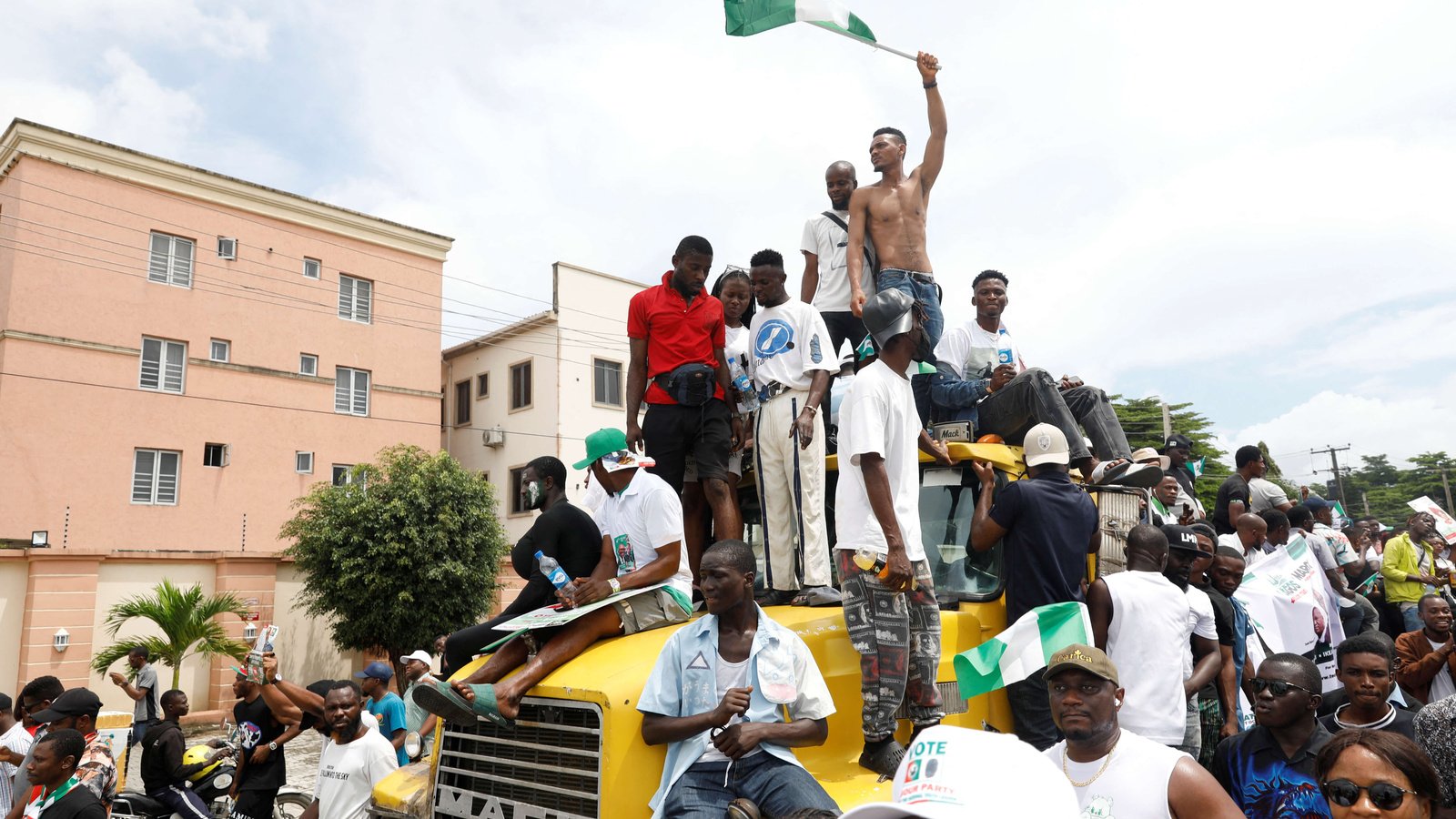A few days after the birth of 2023, Nigerian music sensation Olawale Olofooro, better known as Brymo, opened a can of ethnic bigotry when he took to Twitter to say that anyone from the Igbo ethnic group should not be a presidential candidate because, according to him, the Igbos were not ready to produce a president.
He went on to say that he would rather have a ‘sick president’ than vote for Peter Obi.
Peter Obi is Igbo and a former governor of Anambra State in southeast Nigeria. He contested the presidency under the platform of the Labour Party but lost in a very tightly contested election.
Not just Brymo
Brymo is not the only prominent Nigerian to have exuded such an unnecessary anti-Igbo sentiment ahead of the 2023 elections.
Mocking Obi would not have raised eyebrows, as Nigerian politicians are fond of mocking and criticizing one another. But the mockery began making headlines when it became tribalistic.
Rabiu Musa Kwankwaso, the presidential candidate of the New Nigeria’s People’s Party, on national TV, maintained that it was almost impossible for northerners to vote for a candidate from the southeast.
Nasir Ahmad El Rufai, the governor of Kaduna State, once referred to Obi supporters in a tweet as ‘imports’ ahead of a planned one-million-man march. And suddenly, the Labour Party, founded by the Nigerian Labour Congress, became an Igbo party. This was mainly to de-market Obi, who used the party to launch his bid for the presidency.
These loose comments started the barrage of ethnic-motivated attacks, which has since intensified.
Igbophobia?
Criticisms against Obi brought back the question of Igbophobia on the lips of the Igbos, evoking memories of a civil war that ended 53 years ago.
Igbophobia is the baseless suspicion of, prejudice, discrimination, or hostility against people from the Igbo ethnic group of Nigeria by individuals from other ethnic groups.
Following two bloody coups and pogroms which led to about a million Igbos returning to the southeast, the Igbo-inspired Republic of Biafra seceded under the leadership of a 33-year-old military officer Emeka Odumegwu Ojukwu in 1967.
However, Biafra surrendered after three years of fighting, which left millions of people dead.
The Nigerian government embarked on a “no victor, no vanquished” policy to reunite the country, but this did not stop Igbos from feeling marginalized.
For many Igbos, Obi’s emergence signified that Nigeria might be willing to integrate the Igbos fully. However, the tribal profiling and ethnic-motivated attacks in the election have done nothing but deepen the calls for Biafra, which has always irked the Nigerian government.
Rhodes-Vivour and battle for the soul of Lagos
Bola Tinubu, a former governor of Lagos state who is the political godfather of the state governor, Babajide Sanwo-Olu, suffered a humiliating defeat in a state he had politically dominated for over two decades in the hands of Peter Obi.
However, Tinubu went on to win the presidency in an election said to be full of malpractices and which results are now contested in court.
Thanks to Obi’s victory in Lagos, the Lagos Labour Party candidate, Gbadebo Rhodes-Vivour, popularly known as GRV, gained popularity prior to the gubernatorial election.
Owing to Obi’s victory, it was assumed that GRV would send the man at the helm, Sanwo-Olu, out of power.
But the music changed all of a sudden.
GRV came under fire for allegedly conspiring with the Igbos in Lagos to uproot Yorubas from the state.
Many politicians criticized GRV’s ethnicity simply because his father is Yoruba and his mother is Igbo. One politician even alleged that GRV “is also in bed with IPOB and is hell-bent on imposing an unashamedly Igbo agenda on the people of Lagos State, including removing all our Yoruba traditional rulers and imposing Igbo ones.”
Some days before the Lagos gubernatorial election, Igbos were threatened not to vote for the Labour Party.
Even on election day, there were pockets of violence against individuals who ‘looked’ like Igbo.
GRV lost to the incumbent governor in a state where, a few weeks back, the anthem of the Labour Party was sung.
The elections are over, but would Nigeria ever remain the same?
What next?
The discourse around this election, about Obi’s candidacy and voting patterns, exposed the fact that Nigeria is not united. Hence, Nigerians need to have an honest discussion about the country’s unity and national growth.
Democracy cannot grow in an environment where tribal sentiments cloud sound judgments. Nigeria cannot afford to relive the sad moments of 1966 when ethnic tensions led to widespread bloodshed.
Promise Eze is an African Liberty contributor and a Nigerian journalist. He can be reached via ezep645@gmail.com.
Photo credit: Council on Foreign Relations.

